Forecasting and adapting to the family medicine workforce shortage
The Health Policy Exchange
MARCH 26, 2014
But how has the specialty of family medicine fared, and what else can be done to extend capacity of the existing primary care workforce? These questions were the subjects of two recent Georgetown University Health Policy seminars. Image courtesy of the American Academy of Family Physicians Modest gains in the numbers of U.S.

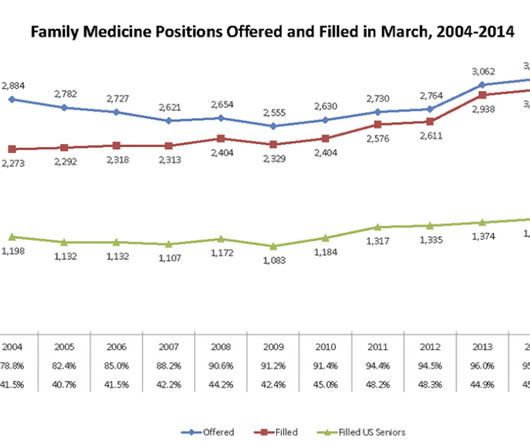
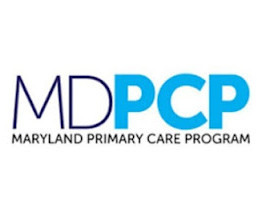
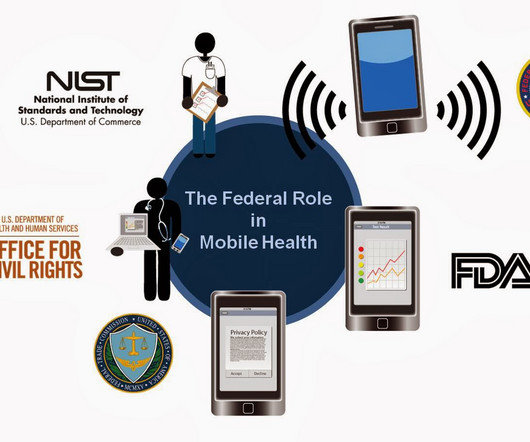

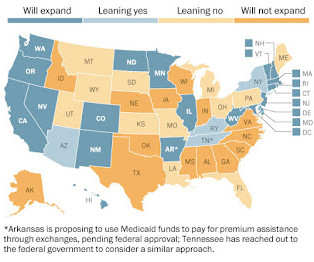


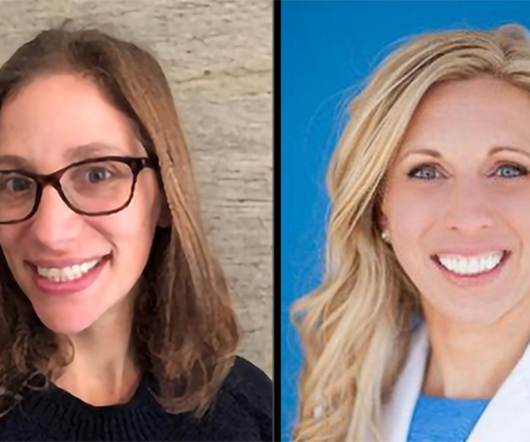






Let's personalize your content